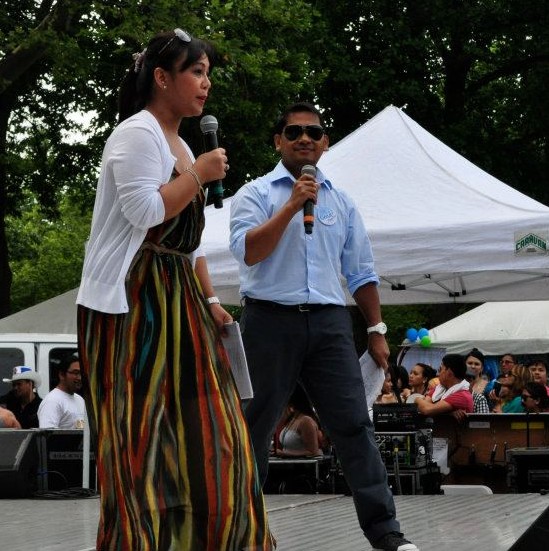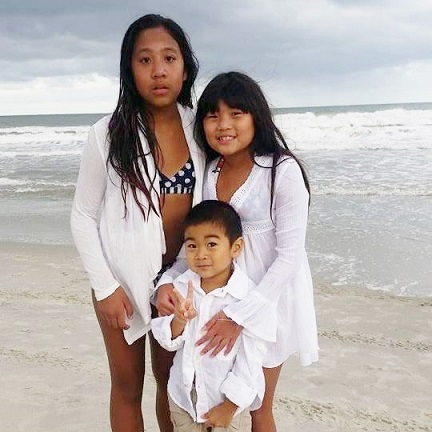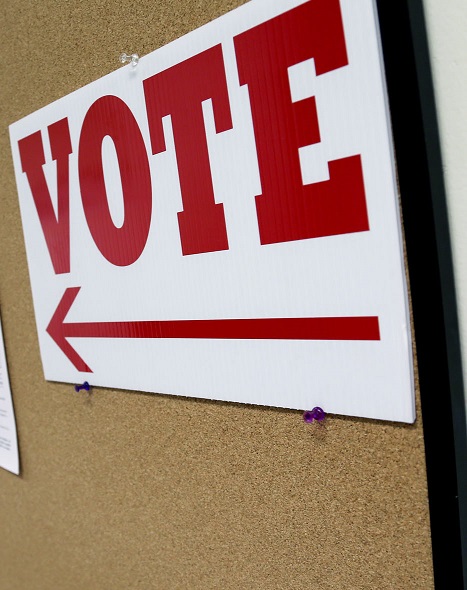U.S. organization looking to reduce corruption in PHL private sector
EXCLUSIVE TO ‘THE FILAM METRO D.C.’By Maricar CP Hampton & Cristina DC Pastor
Graft and corruption in the Philippines is probably as old as the country.
While this socio-political scourge is commonly associated with government, the private sector is very much a part of why corruption has remained widespread and largely unmitigated. In some cases, well-connected bankers, lawyers and accountants play a critical role in hiding the evidence of plunder.
Trace International, a Maryland-based “provider of anti-bribery and third party compliance solutions,” has set up an office in Manila to serve as its Southeast Asia headquarters. Its president Alexandra Wrage spoke to The FilAm Metro D.C. about Trace’s mission as an organization that would help make doing business in the Philippines – and all of Asia — more transparent.
Trace has opened its Manila office in partnership with the Makati Business Club (MBC) and the law offices of Romulo Mabanta Buenaventura Sayoc & De Los Angeles.
In the following interview with The FilAm Metro D.C., Wrage discussed the choice of Manila to host their organization, its “strategic alliance” with the MBC and the Romulo Mabanta law firm, and why Filipinos who have struggled with corruption all their lives are “ready for change.”
TFDC: Why Manila?
Alexandra Wrage: We found the Philippines to be very supportive of non-profits and we’re happily surprised by the large number of talented and U.S.-trained lawyers, like Michelle Juan who will head up our office there. We also learned that some member companies had concerns about other possible locations in the region that they did not have about the Philippines – especially the security of their online data. Trace handles a great deal of sensitive information, so having confidence in our data security was very important.
TFDC: What exactly will Trace do, and what will it hope to achieve?
AW: We will work with companies in the Philippines to strengthen their compliance programs. Trace works with the business community to reduce commercial bribery. Through training and due diligence, we help companies avoid demands by corrupt officials and also help companies gain a marketing advantage by doing business the right way.
For large multinational companies, that may mean training their local hires or helping them to vet their local partners. For small- and medium-sized companies, we are offering TRACEcertification, which is a very rigorous review process including an extensive questionnaire, global media and watchlist searches, adoption of a code of conduct, multilingual online training about both bribery and the risks of trafficked labor in their supply chains. TRACEcertification is the recognized global standard for smaller companies and it has been an incredibly popular credential for Asian companies.
TFDC: So you won’t be putting corrupt officials behind bars. That’s what Filipinos would like to see.
AW: There are other organizations that work on corruption in the government or what we refer to as the “demand side” of corruption. We will not be putting corrupt officials behind bars!
TFDC: Was Manila chosen because of the reputation of the Philippines?
AW: No, quite the opposite. While the Philippines does struggle with corruption, we have found the general public to be really ready for change. They’re open to the possibility that greater transparency is possible. People have been candid and cautiously optimistic. Debate has been spirited! We find that in some countries people have almost given up; that’s certainly not true of the Philippines.
TFDC: How did your partnerships with the Makati Business Club and Romulo Mabanta law office come about?
AW: Our relationship with the Romulo law firm goes back almost a decade. Trace has one partner firm per country and they are our partner firm in the Philippines. It’s an outstanding firm, and they have been at the forefront of anti-bribery compliance since before it became popular. They have provided enormous support to multinationals operating in the Philippines.
We first worked with the Makati Business Club about eight years ago when we held our first conference in Manila. They have great stature and credibility in the business community and are already engaged in anti-bribery efforts there. It was a natural partnership.
TFDC: What are your thoughts on the pending Freedom of Information bill? Does the Philippines need such a law?
AW: Transparency can counteract corruption and FOI bills are an important part of that.
TFDC: How would you characterize the Philippines’ and its so-called culture of impunity?
AW: I am optimistic about the situation in the Philippines. Nothing changes until people want it to – until the status quo is no longer acceptable. There are significant challenges, of course, but I do believe that there is the desire in the Philippines to see real improvement in this area and that’s a great place to begin.












